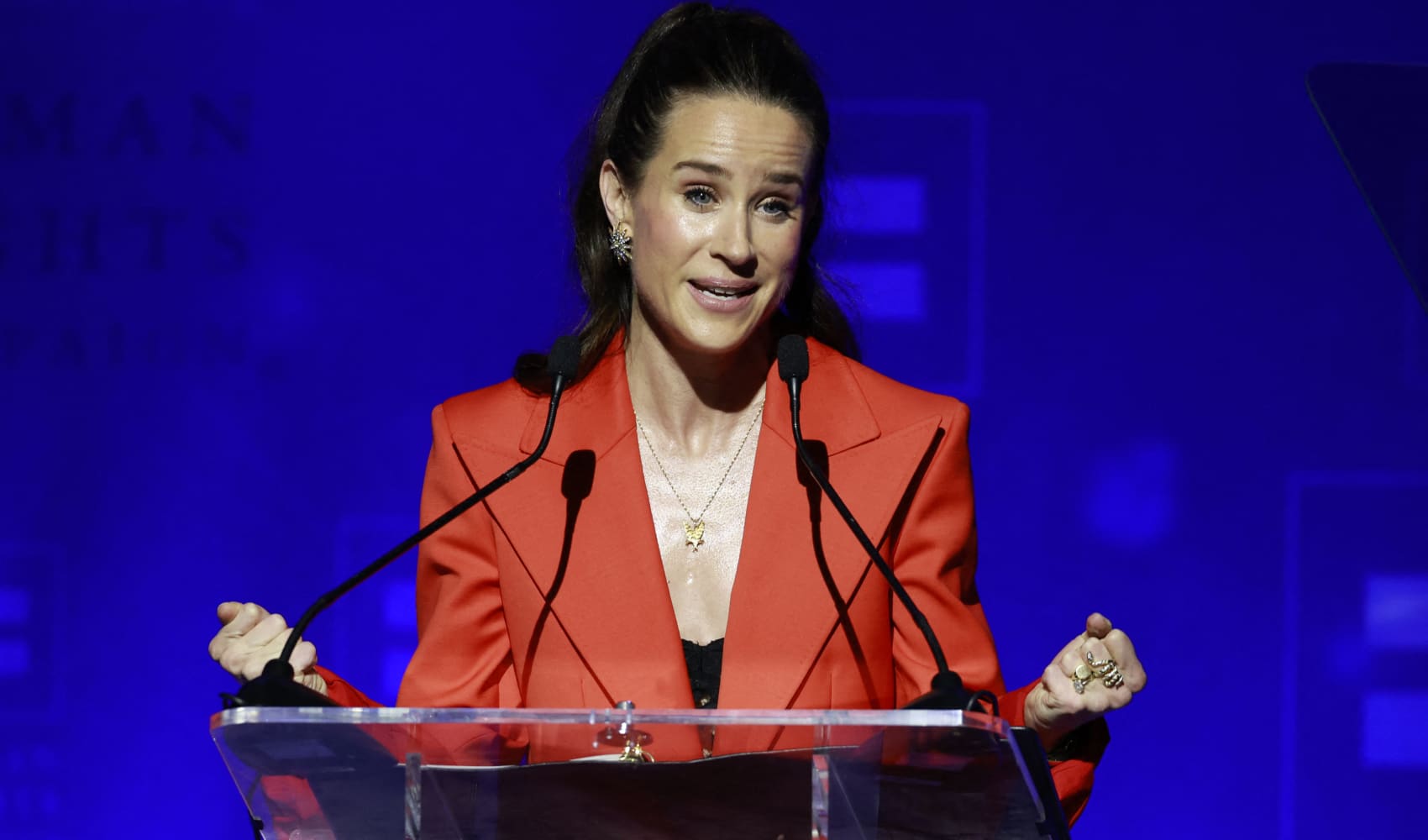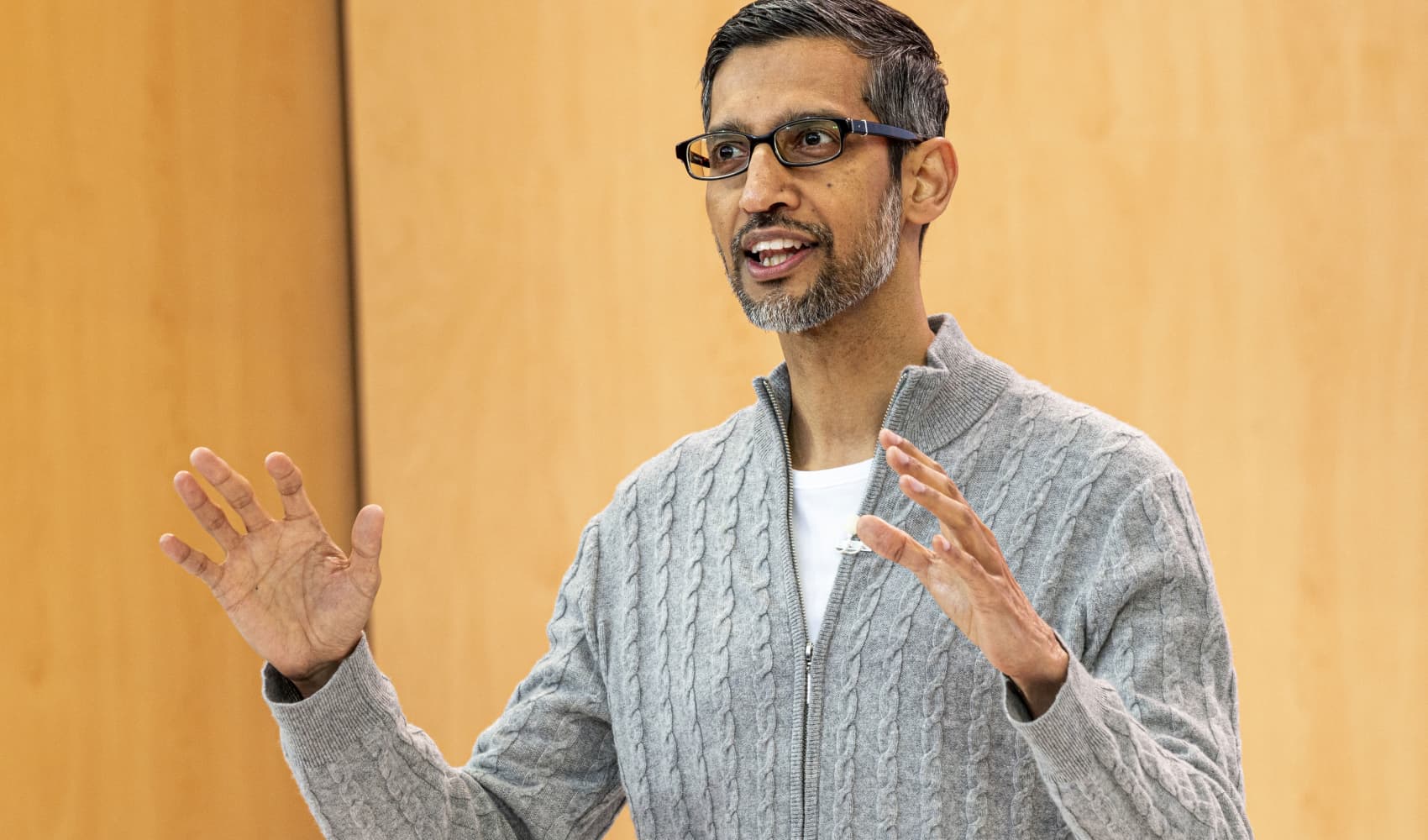
While organizations often dedicate the holiday season to recognizing employees for a job well done, a good share of workers say they regularly feel underappreciated in the workplace throughout the year.
An October survey of 2,231 workers by Monster.com finds the overwhelming majority of people believe that both expressing gratitude at work helps ease stress and anxiety (97%), and receiving gratitude motivates their daily work (94%). However, while most say they express gratitude at their workplace, just under half of workers say they do not feel they are recognized for their contributions.
Monster career expert Vicki Salemi tells CNBC Make It that in 2020, these feelings may be heightened when people are working from home with fewer in-person interactions and limited communication over email or video chats. Additionally, managers may not see how their employees are adapting to remote work at home while taking on more personal responsibilities such as child care or distance learning.
Indeed, employees reported feeling underappreciated, especially by their bosses, with roughly half reporting they are thanked less than once per week, according to a separate study from researchers at the University of Southern California Marshall School of Business.
How to give better thanks
Researchers offered some recommendations where managers can better communicate with employees to maintain engagement and ease stress, especially as the coronavirus pandemic continues to weigh on workers' lives.
Workers of different demographics may prefer one method of communication over others. Based on surveys of 1,200 Americans and journals from 58 professionals, researchers found workers ages 18 to 44 were most likely to prefer a mix of both written and spoken thanks from their supervisor, while workers 45 and older prefer spoken messages of gratitude only.
Money Report
Study participants noted they value written messages of thanks because it shows time and effort, can serve as documentation of success, is suitable for major accomplishments, and it can be shared with others easily.
Meanwhile, some professionals indicated they value spoken thanks because it is stated in the moment, is more casual yet physically expressive, is well suited for smaller accomplishments and can be a form of public recognition.
Notably, researchers found men, 47%, are more likely to want a public thanks from their boss compared to women, 32%.
Managers should be encouraged to provide more frequent and personalized feedback to employees, the researchers say. Leaders may want to take on their own practice of writing in a gratitude journal, as well as write thank-you notes under a variety of scenarios ranging from major to daily accomplishments.
Expressing gratitude goes both ways, Salemi adds, especially if managers have been accommodating to workers' needs during the pandemic, such as by being flexible with hours or finding ways to trim budget costs without reducing headcount. "That can help bosses from burning out," she says.
Check out:Here are the 5 best personal loans of December 2020
Don't miss:
Training for this workplace skill is up nearly 4,000% in 2020
74% of office workers support a 4-day workweek—here's how the pandemic could make it more common






